Following the temporary suspension of Jimmy Kimmel’s late night talk show after an opening monologue that sparked controversy in the wake of Charlie Kirk’s assassination, many have begun to fear that free speech is under attack inside the US, with some fearing that this act of censorship is only the beginning for the Trump administration.
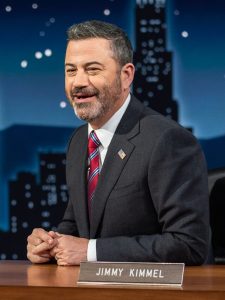
Photo courtesy of Wikimedia Commons
On September 18, it was announced that ABC decided to pull Jimmy Kimmel’s late night show, Jimmy Kimmel Live!, from the air. Immediately, this choice appeared to be politically motivated. The night before, Kimmel had made comments on the recent assassination of conservative political pundit Charlie Kirk, stating that the “Maga gang” was trying “desperately trying to characterise this kid who murdered Charlie Kirk as anything other than one of them” as well as saying that the administration was using the assassination to “score political points from it” while also saying that Trump’s reaction to the shooting was “Not how an adult grieves the murder of someone he calls a friend. This is how a four-year-old mourns a goldfish”.
These statements did not go over well with members of the US government, and Brendan Carr, chairman of the Federal Communications Commission, threatened to take actions against the show’s parent company ABC, calling the remarks “some of the sickest conduct possible,” saying that Kimmel was “appearing to directly mislead the American public”. On a podcast interview, Carr said “The FCC is going to have remedies we could look at,” ending it with “We can do this the easy way or the hard way.”
Hours after Kimmel’s broadcast aired, Nexstar media, one of the largest broadcast providers in the US, stated that they would not air Kimmel’s show for his remarks, calling them “offensive and insensitive at a critical time in our national political discourse” while another large media provider, Sinclair Broadcast Group, said they would pull the tonight show from their stations, stating that “Regardless of ABC’s plans for the future of the program, Sinclair intends not to return ‘Jimmy Kimmel Live!’ to our air until we are confident that appropriate steps have been taken to uphold the standards expected of a national broadcast platform.”
President Donald Trump celebrated the suspension saying that ABC had “The courage to do what had to be done.”
Kimmel’s firing sparked massive backlash across the media landscape, with many actors opposing the cancellation of the show. Actor Ben Stiller stated that the firing “isn’t right.” The Writers Guild of America also voiced their support for Kimmel, stating that the firing violated the first amendment, saying, “Shame on those in government who forget this founding truth,”. Political backlash to the cancellation was also immediate with House Democrat leaders calling for Carr’s resignation for engaging in what they called a “corrupt abuse of power” further saying that Carr has “disgraced the office he holds by bullying ABC, the employer of Jimmy Kimmel, and forcing the company to bend the knee to the Trump administration,”. Even Republicans opposed this move with Texas Sen. Ted Cruz saying that the move was “dangerous as hell” and “right out of ‘Goodfellas.”
Ultimately, this cancellation was reversed by ABC amid the backlash. An emotional Kimmel said during his return that “This show is not important,” adding “What is important is that we get to live in a country that allows us to have a show like this.” In regard to Charlie Kirk, Kimmel said that, “You understand that it was never my intention to make light of the murder of a young man,” further stating that he didn’t “think there’s anything funny about it.”
While the proposed cancellation of Jimmy Kimmel’s show ultimately amounted to nothing, this apparent act of censorship holds many dangerous implications to many in the nation, with many fearing that the right of free speech in the United States is under attack.
English teacher Ms. Melissa Roush said that “Censoring criticism is a high priority in fascist regimes, and censoring Kirk’s critics is clear evidence of fascism in a country that prides itself on free speech. As long as his critics are not vying for violence against his followers or family, their words should not be censored.”
Another Lakeland staff member who wished to remain anonymous stated,
The staff member who wished to remain anonymous out of an abundance of caution in today’s politically charged climate also shared that she felt afraid to share her opinions and that she only shares her thoughts and feelings “with close friends and family as of the last six months.”
Dozens of school employees have been fired or placed on administrative leave by school districts and colleges over their social media posts about Charlie Kirk’s assassination. This backlash has been felt by employees outside of the realm of education as well. Some have even sued their companies over their firings by defending their right to free speech.
According to NBC News, “A former Ball State University staff member is suing the Indiana school’s president after she was fired for posting on Facebook: ‘Charlie Kirk’s death is a reflection of the violence, fear and hatred he sowed. It does not excuse his death, AND it’s a sad truth.’”
Not everyone agrees that free speech should be protected when it comes to remarks that are offensive or deemed hateful. In an interview discussing Charlie Kirk’s death and the opposing views expressed on social media and the workplace, Vice President J.D. Vance said, “So, when you see someone celebrating Charlie’s murder, call them out and, hell, call their employer. We don’t believe in political violence, but we do believe in civility.”
Knowing the consequences of speaking publicly about one’s political views and opinions on polarizing topics has made some individuals think twice before voicing their truth.
Ms. Roush on other hand stated, “No, I do not [feel scared to speak my truth]. I treat people equally and speak out against those who do not. I am unable to detach my mind from the concept that we are ALL HUMAN and therefore all deserve to be treated equally and fairly.”
Another point of contention in the news is that political censorship that was once associated with the left under the Biden administration is now being seen on the right in the Trump administration. Recently, the White House sent a “Compact for Academic Excellence in Higher Education” to nine of the top U.S. universities offering access to federal grants in exchange for the university’s promise to follow the administration’s guidelines on areas like admissions, grading, campus speech and protest rules, and faculty hirings among other dictates according to MSNBC News. In terms of freedom of speech, these universities would be giving up their legal rights in favor of government control and funding. The deal would also encourage these private universities to refrain from speech and actions that relate to political or societal events unless it relates directly to the university itself. Some fear this form of censorship could limit the freedom we have as citizens to express our beliefs when they go against the views of the government.
Ms. Roush added, “Censoring free speech is changing our culture–especially if people fear reprisals for speaking their minds. The current government does not seem to understand that freedom of speech is not one-sided. It must be employed equally or democracy has no chance.”
Roush also criticized the apparent hypocrisy of the current regime, saying that when a politician “specifically states that his supporters should ‘fight like hell’ for their beliefs and runs a campaign with slogans like ‘Take America Back’, he is demonstrating that calling for violence to a nationwide audience is both acceptable and normal.”
An anonymous staff member went on to say that “Regardless of party or beliefs, everyone needs to be held to the same standard. It cannot change when it does not benefit your narrative.”
Another aspect of the freedom of speech debate is censorship over what is considered free speech vs. Hate speech. According to the United Nations, “Hate speech incited violence and intolerance.”
Because of the accessibility of technology as a form of communication, online hate speech has become the most prevalent way of spreading divisive sentiments. Such speech is seen as a threat to peace, regardless of the first amendment.
The culture around freedom of speech in this nation is constantly evolving. What is and isn’t accepted as free speech is uncertain, and many in the nation feel scared living in an environment where they have to watch and choose their words carefully in fear of reprisal from forces as large as a cable network or even the government. In such a tense political environment, it begs us to wonder if freedom of speech is a thing of the past.


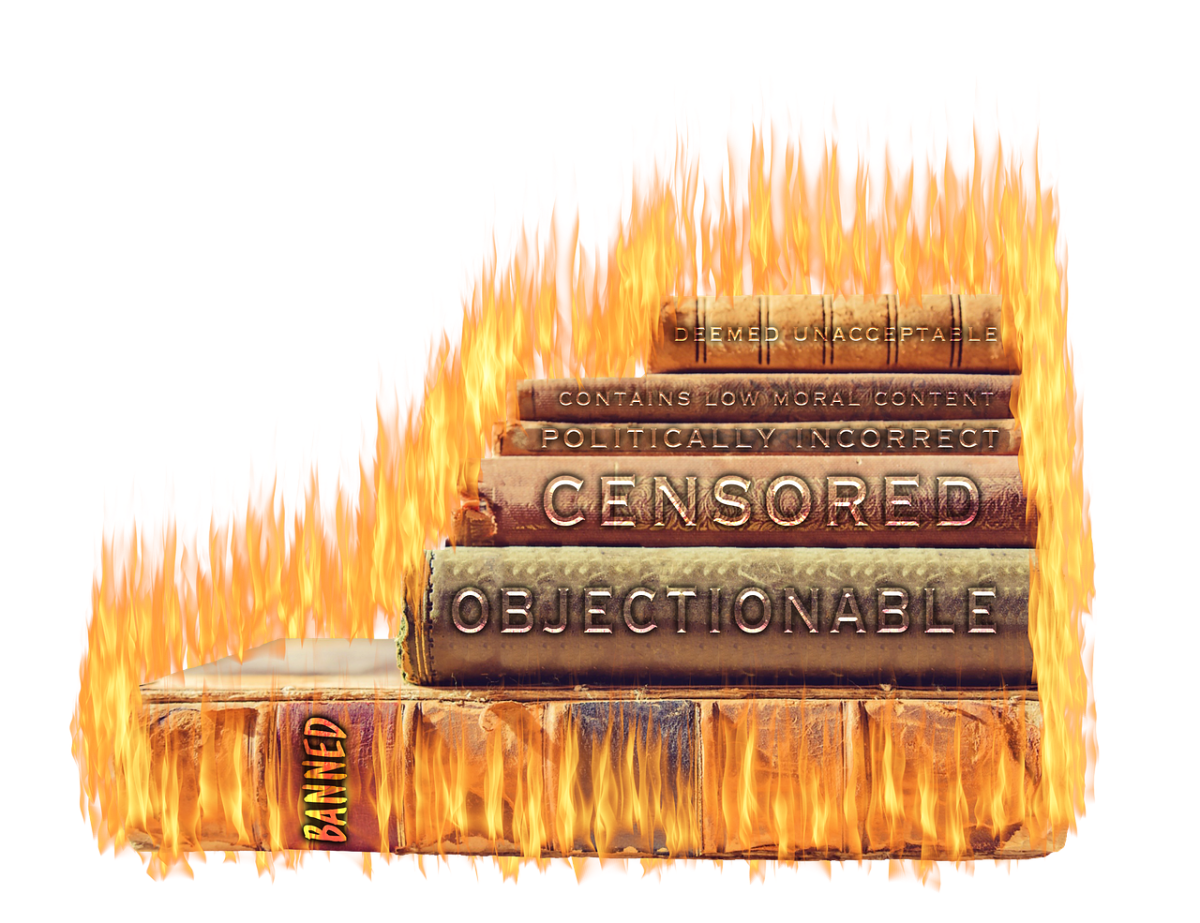
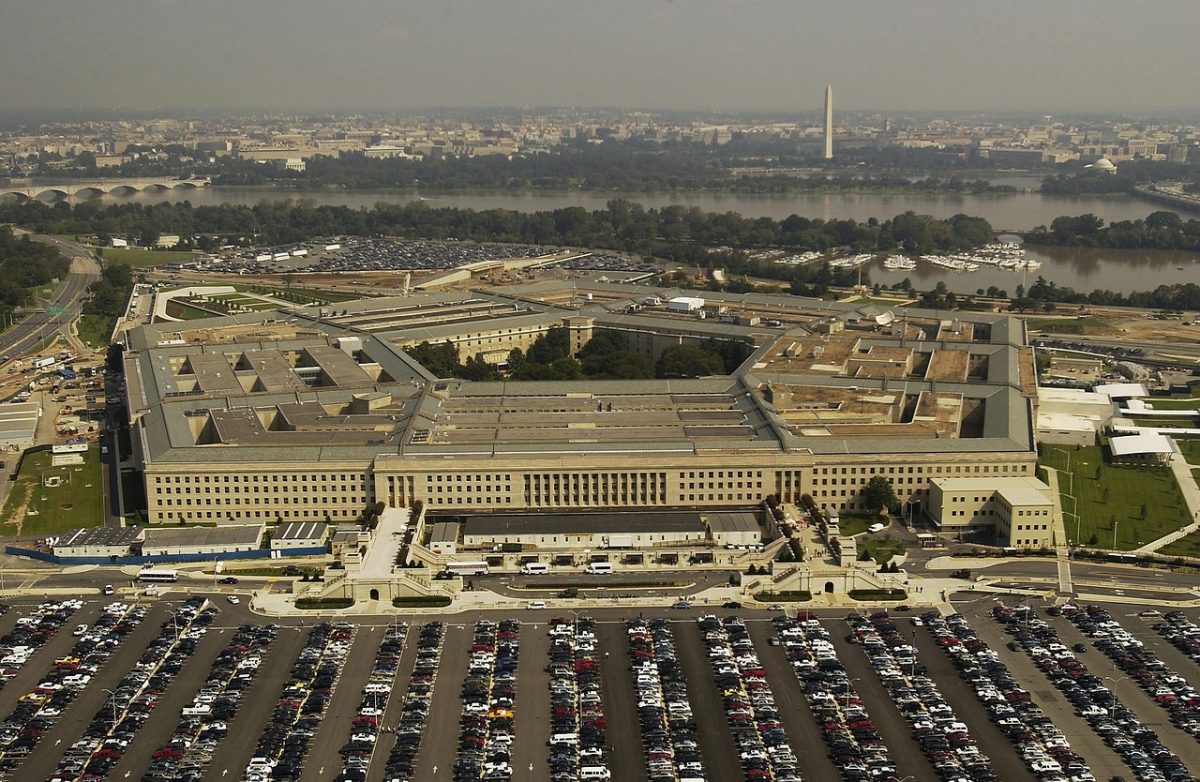

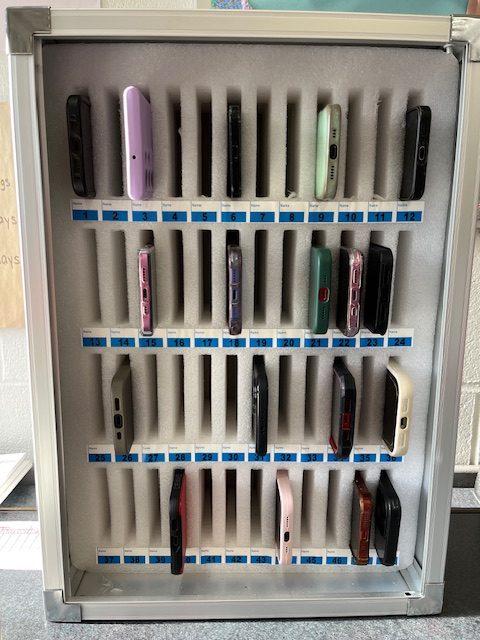

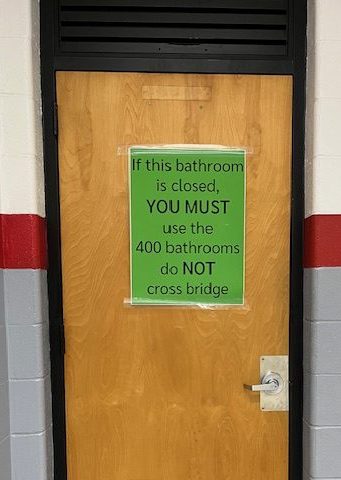
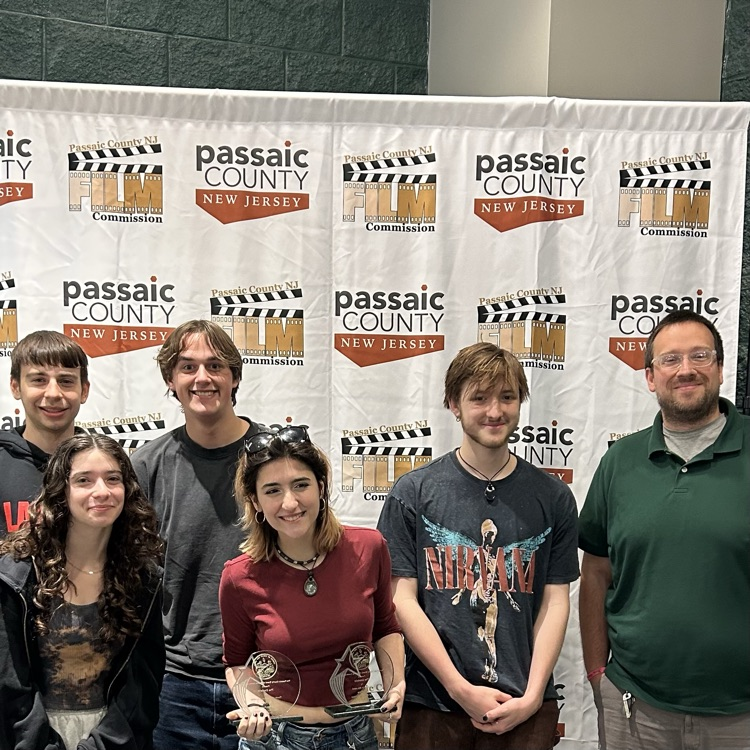
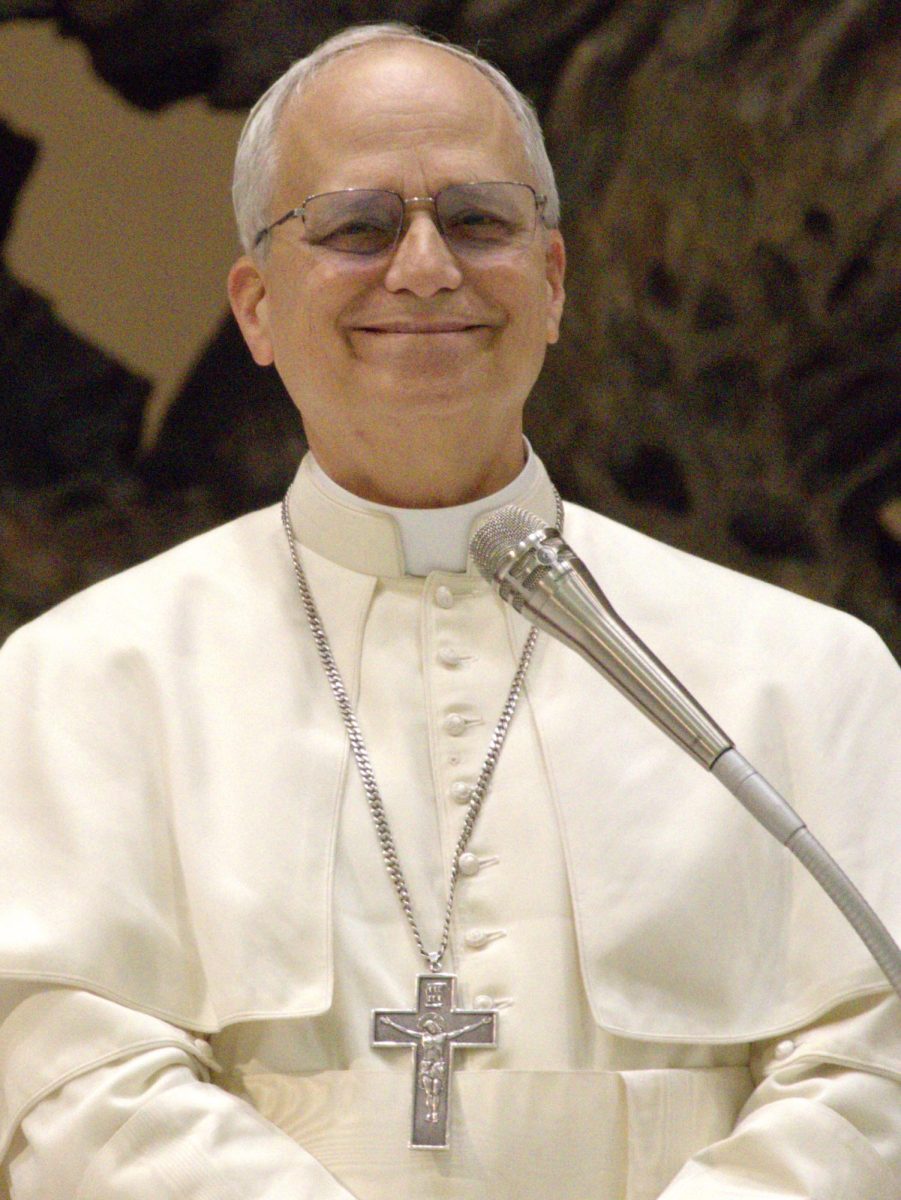

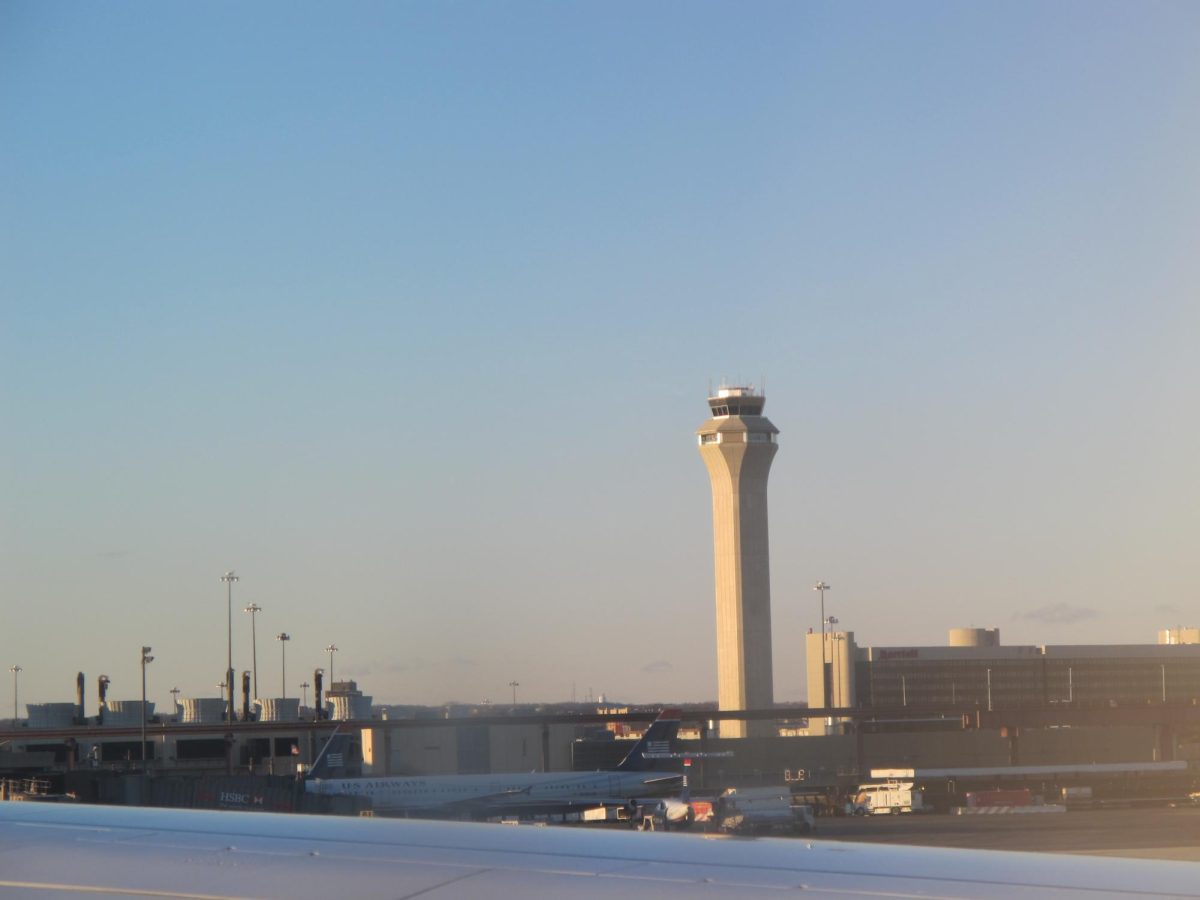
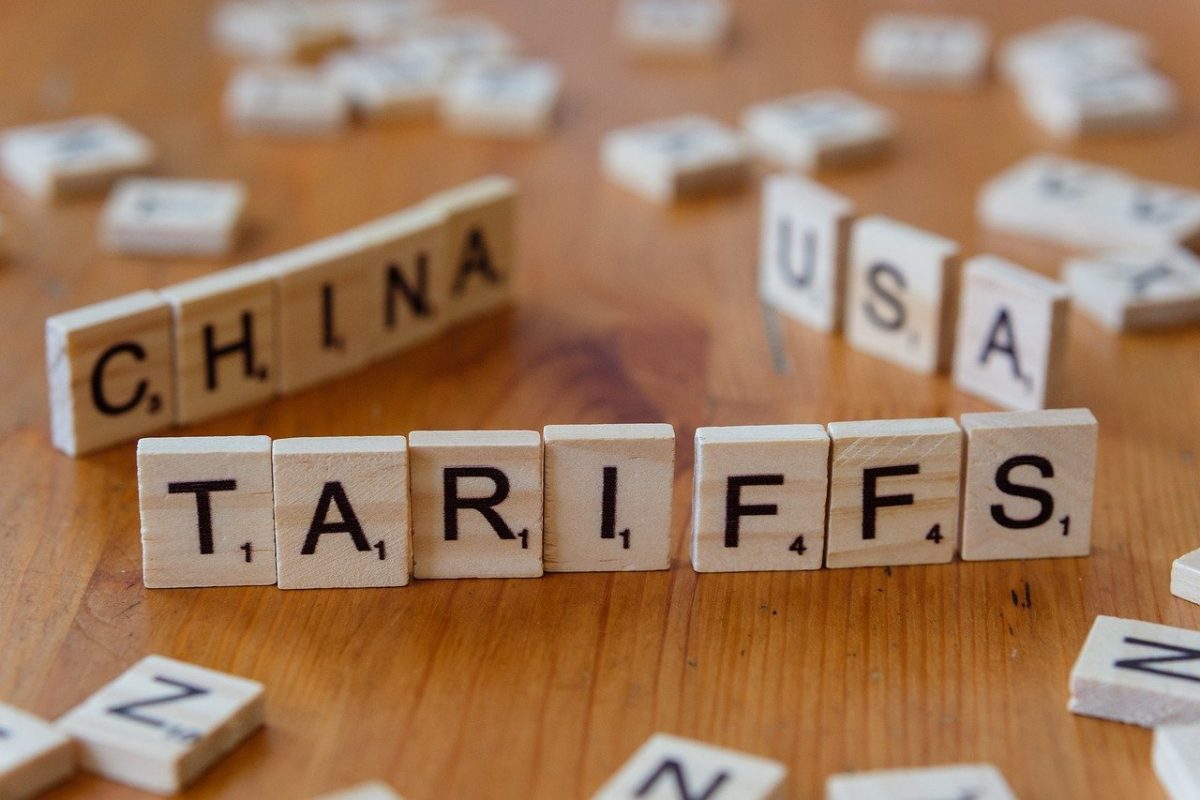
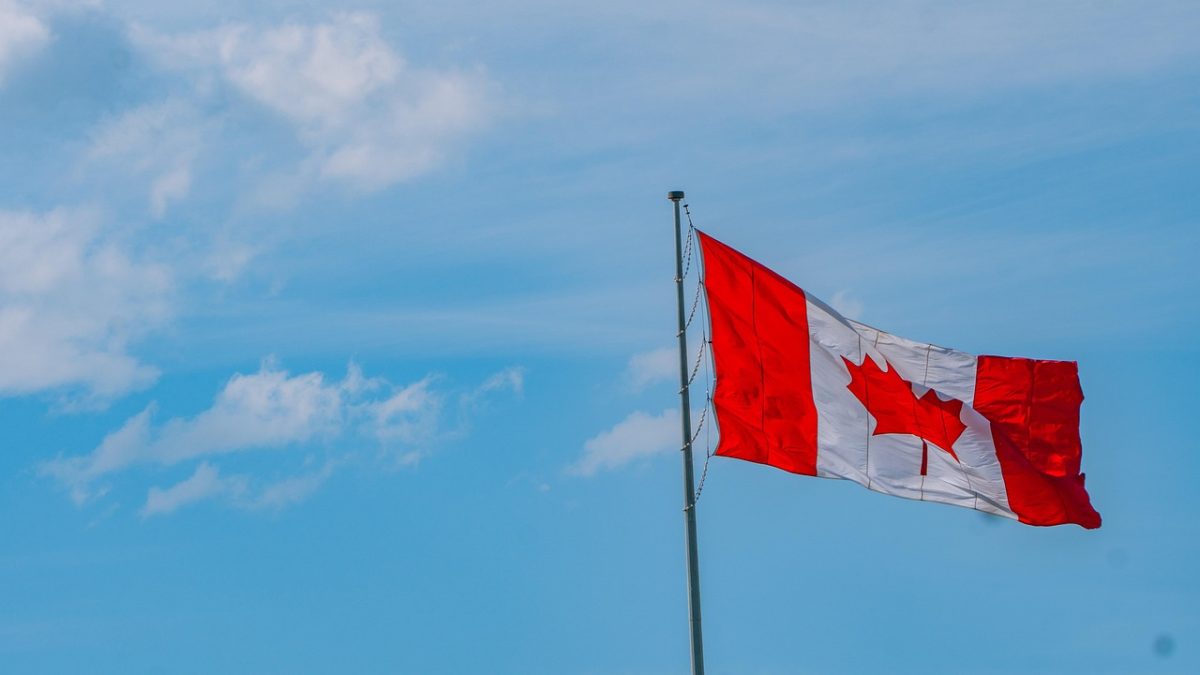
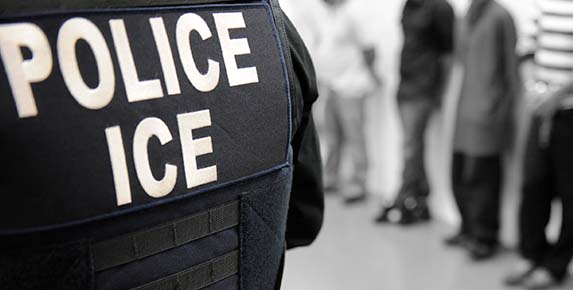

adviser • Oct 15, 2025 at 8:05 am
Great article, Josh!